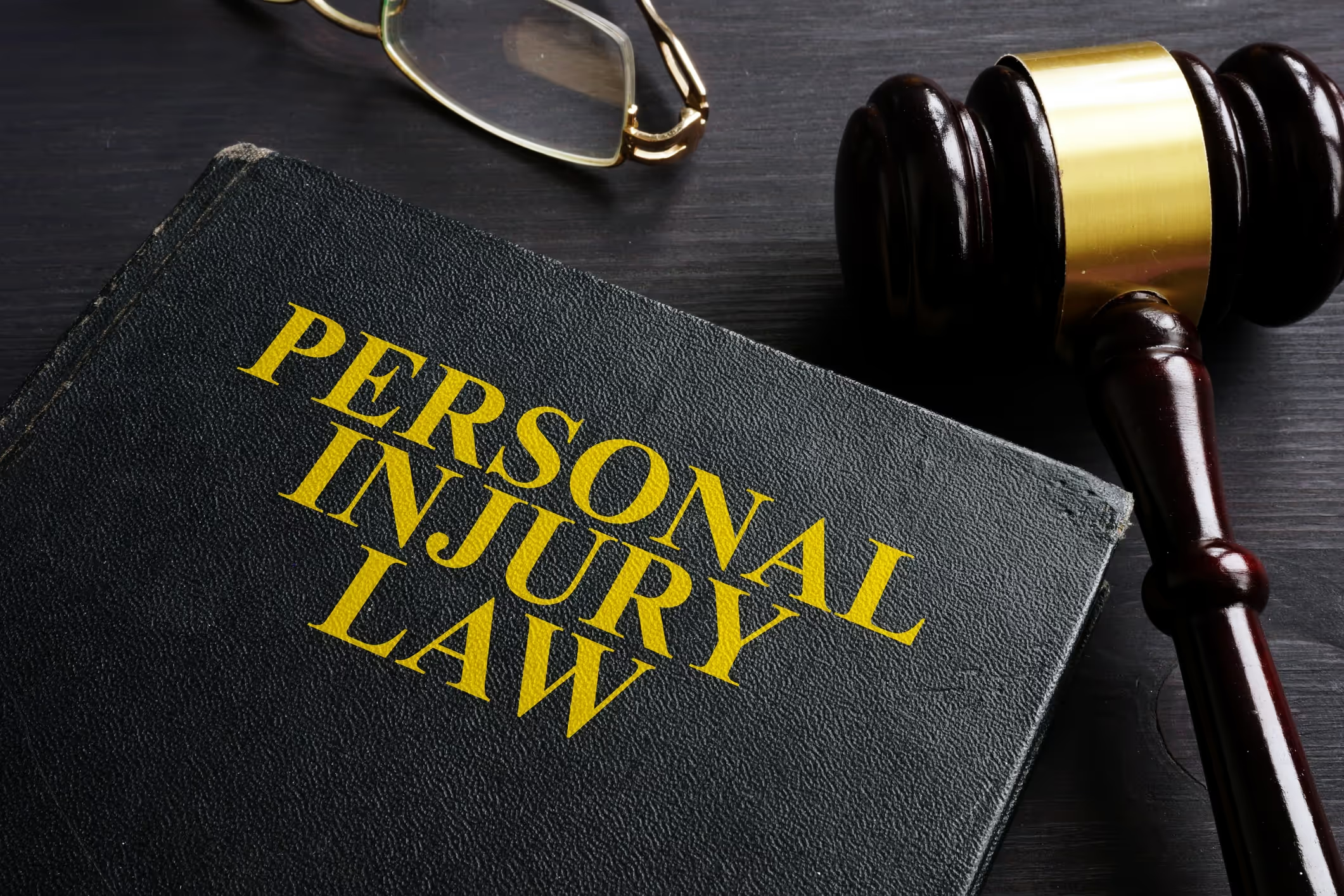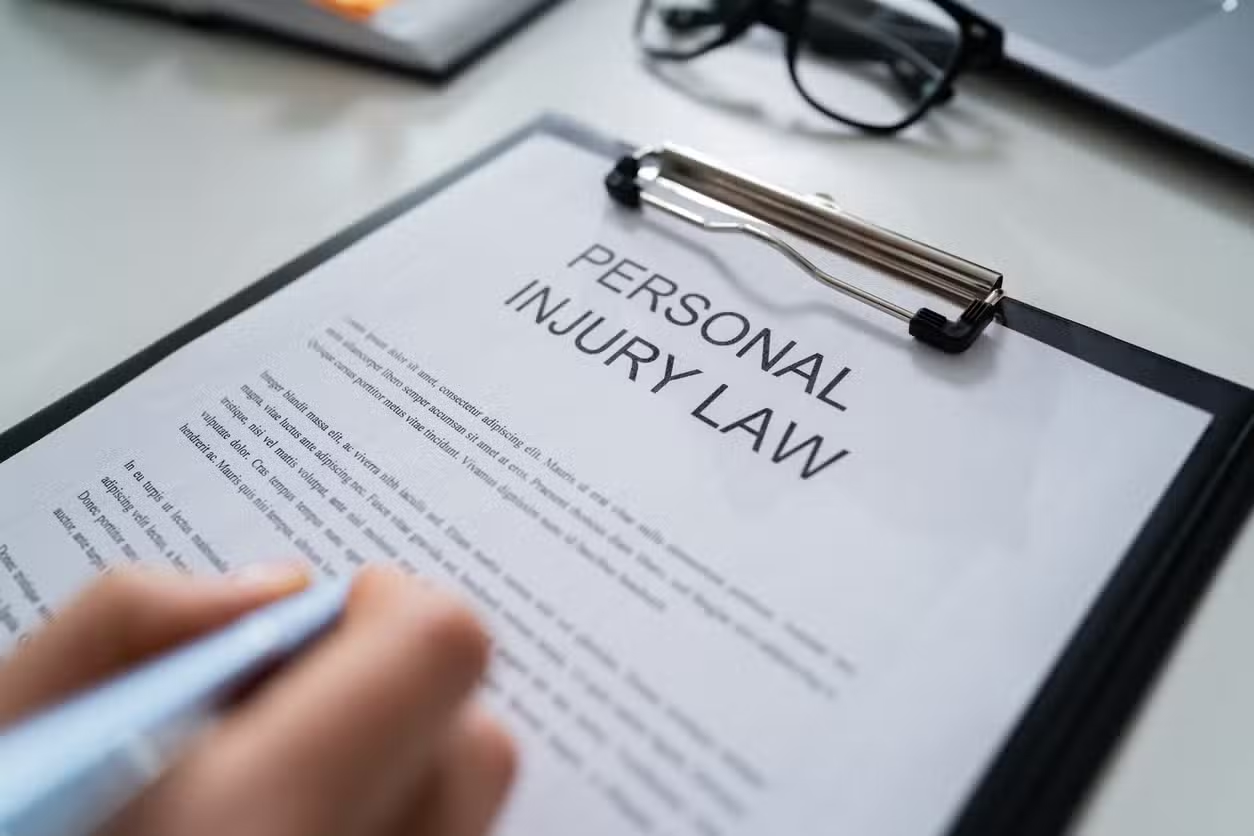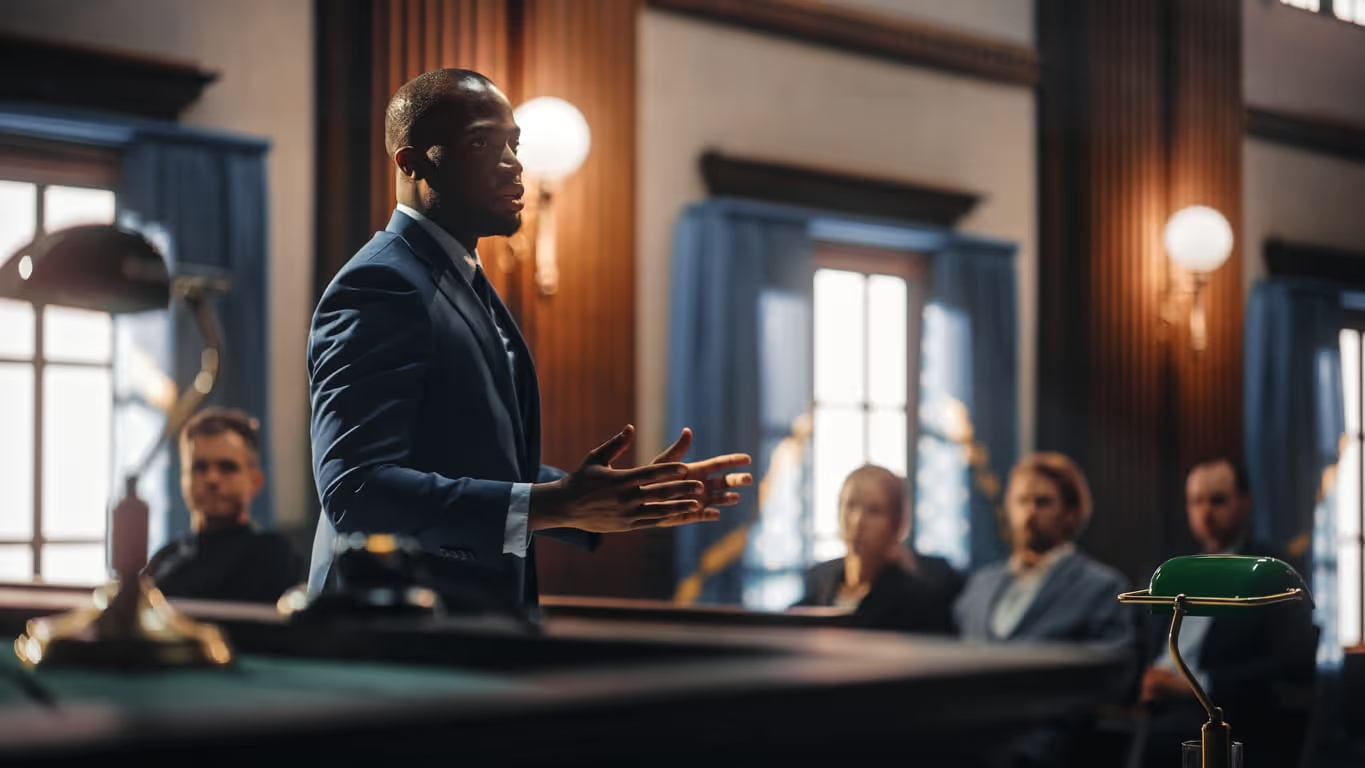Choosing the right attorney starts with asking the right questions to ask personal injury lawyer candidates during your first conversation. Clear, specific questions reveal the lawyer’s experience, strategy, communication style, and fee structure—helping you decide whether they can secure the maximum compensation for your injury claim.
Below are ten must-ask questions, explanations of why each one matters, and guidance on evaluating the answers.
“How Many Personal Injury Cases Have You Resolved in the Last 12 Months?”
Begin with concrete numbers. An attorney who has closed 30 or more injury cases in a year demonstrates active, up-to-date courtroom experience and negotiation skill. Low case volume may indicate limited focus on personal injury law.
“What Percentage of Your Practice Is Devoted to Personal Injury?”
A lawyer devoting at least 75 % of their caseload to personal injury stays current on changing statutes, insurance tactics, and local jury trends. General practitioners spread thin across multiple practice areas may lack the specialized knowledge needed for high-value claims.
“Have You Handled Cases Similar to Mine?”
Ask for two or three examples resembling your accident type—car crash, slip-and-fall, dog bite, or product defect. Listen for settlement figures, litigation hurdles overcome, and strategies that delivered results. Similar past successes predict future performance.
“What Is Your Trial Record?”
Many claims settle, but insurers raise low offers if they believe the lawyer avoids court. Request the attorney’s win–loss ratio over the last five trials and average jury verdicts. A strong courtroom track record signals leverage during negotiations.
“Who Will Work on My File Day-to-Day?”
Confirm whether a senior partner, associate, or paralegal handles routine tasks, calls, and filings. Ask for the names and roles of every team member assigned to you. Clear staffing details prevent surprise hand-offs and communication gaps later.
“How Do You Charge, and What Costs Might I Owe?”
Most personal injury firms operate on contingency, but percentages vary. Pin down:
- Attorney fee: 33 % before litigation or 40 % if a lawsuit is filed.
- Case costs: Filing fees, expert witnesses, medical-record retrieval.
- Repayment terms: Whether costs are deducted before or after the attorney fee.
Request these numbers in writing to avoid confusion.

“How Long Will My Case Take?”
Experienced lawyers provide a realistic timeline: investigation (30–60 days), negotiation (3–6 months), and litigation (12 months or more) if needed. Inflated promises of rapid settlements often signal inexperience or a willingness to accept low offers.
“What Is the Potential Value Range of My Claim?”
While no attorney can guarantee an exact payout, seasoned counsel offers a reasonable range supported by medical bills, wage loss, and comparable verdict data. Beware of lawyers who quote huge numbers without explaining their calculations.
“How Will You Keep Me Updated?”
Ask for a clear communication schedule—for example, status emails every two weeks and immediate phone calls when offers arrive. Consistent updates reduce anxiety and confirm the lawyer’s commitment to client service.
“What Is My Role During the Process?”
Clarify expectations: attending medical appointments, forwarding bills, avoiding social-media posts, and approving settlement offers. Understanding your responsibilities up front eliminates missteps that could devalue your claim.
Evaluating the Answers
- Specific statistics (case volume, trial wins) show competence.
- Plain-language explanations reveal communication skill.
- Written fee agreements demonstrate transparency.
If any answer feels vague, ask follow-up questions until you receive firm details.
Comparing Consultation Formats
Some firms conduct phone screenings, while others prefer in-person meetings. For insight into each format, review When to Hire a Personal Injury Lawyer After an Accident. That article explains why timing and consultation style can influence legal strategy and settlement value.
Booking a No-Cost Meeting
Most reputable firms offer a free personal injury consultation. Knowing what’s covered—case evaluation, fee breakdown, and next steps—helps you arrive prepared. See Free Personal Injury Consultation: What’s Included and How to Schedule for a step-by-step preparation checklist.
Securing Comprehensive Representation
Once you have satisfactory answers to every question to ask personal injury lawyer, take the next step: hire counsel proven to maximize recovery. An experienced personal injury lawyer protects your rights, negotiates aggressively, and, if necessary, litigates to obtain full compensation.
Key Takeaway
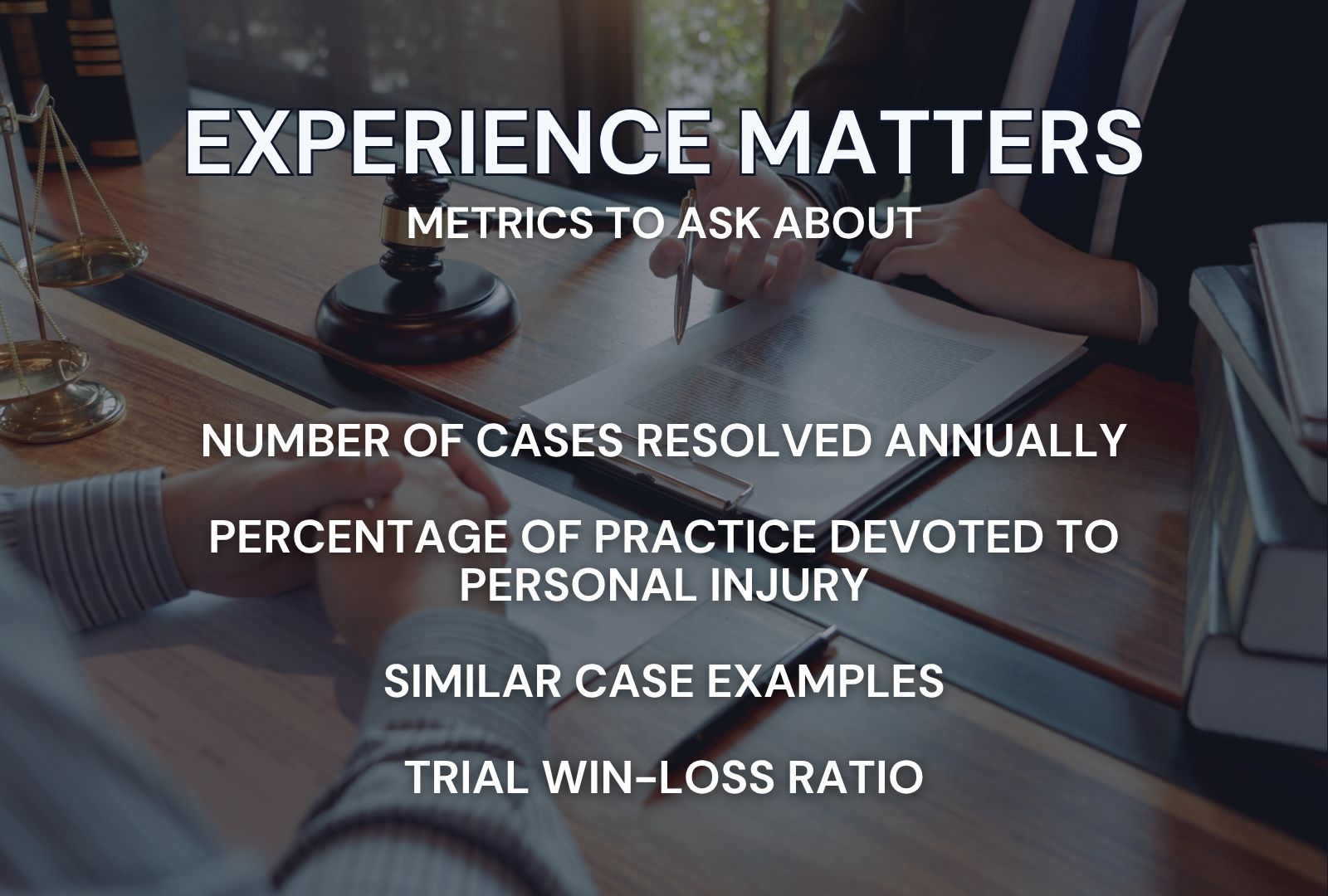
The outcome of your claim often hinges on the lawyer you select. By asking these ten targeted questions—covering experience, fees, timelines, and communication—you ensure your chosen attorney possesses the skill, transparency, and dedication required to win the best possible result.


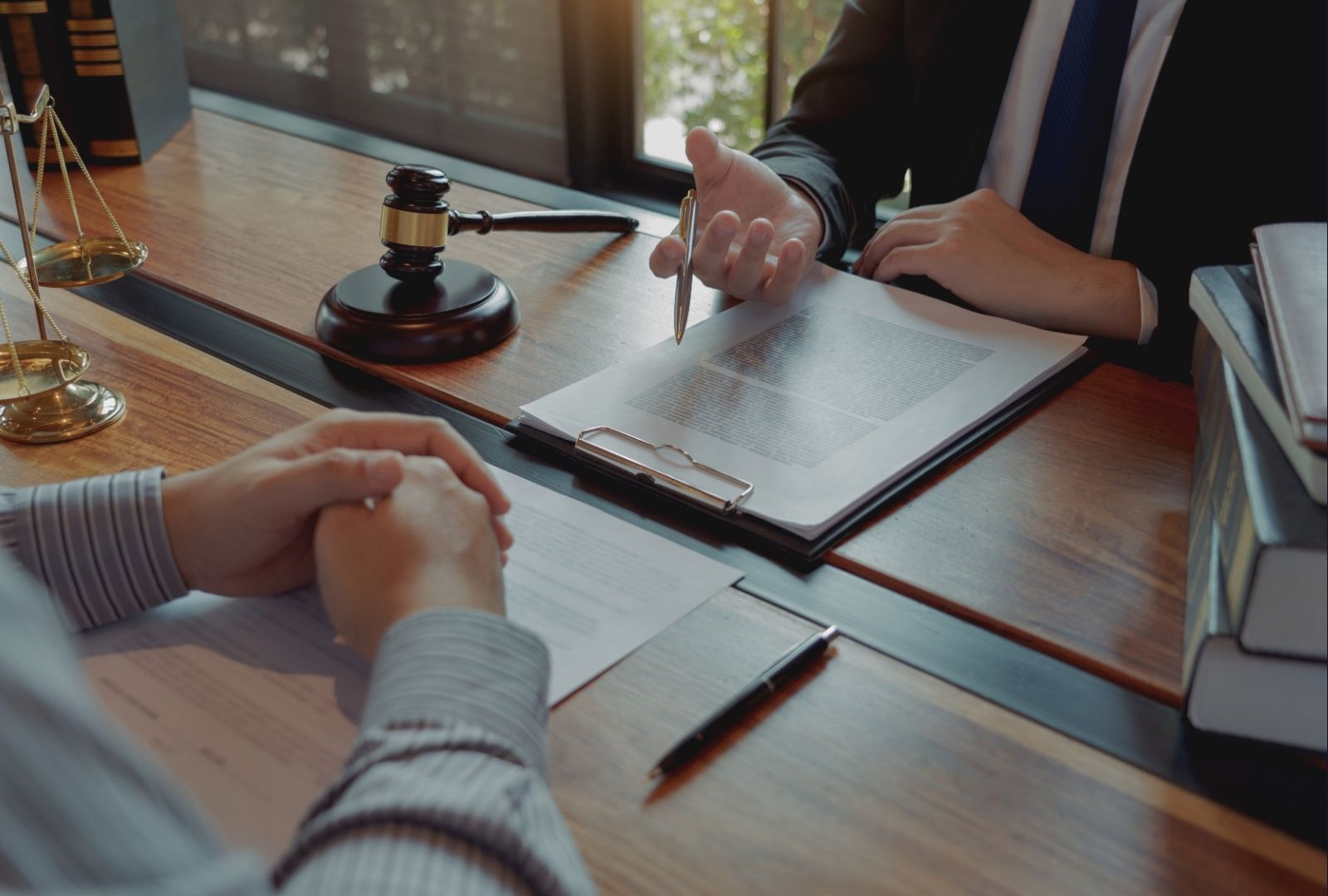
































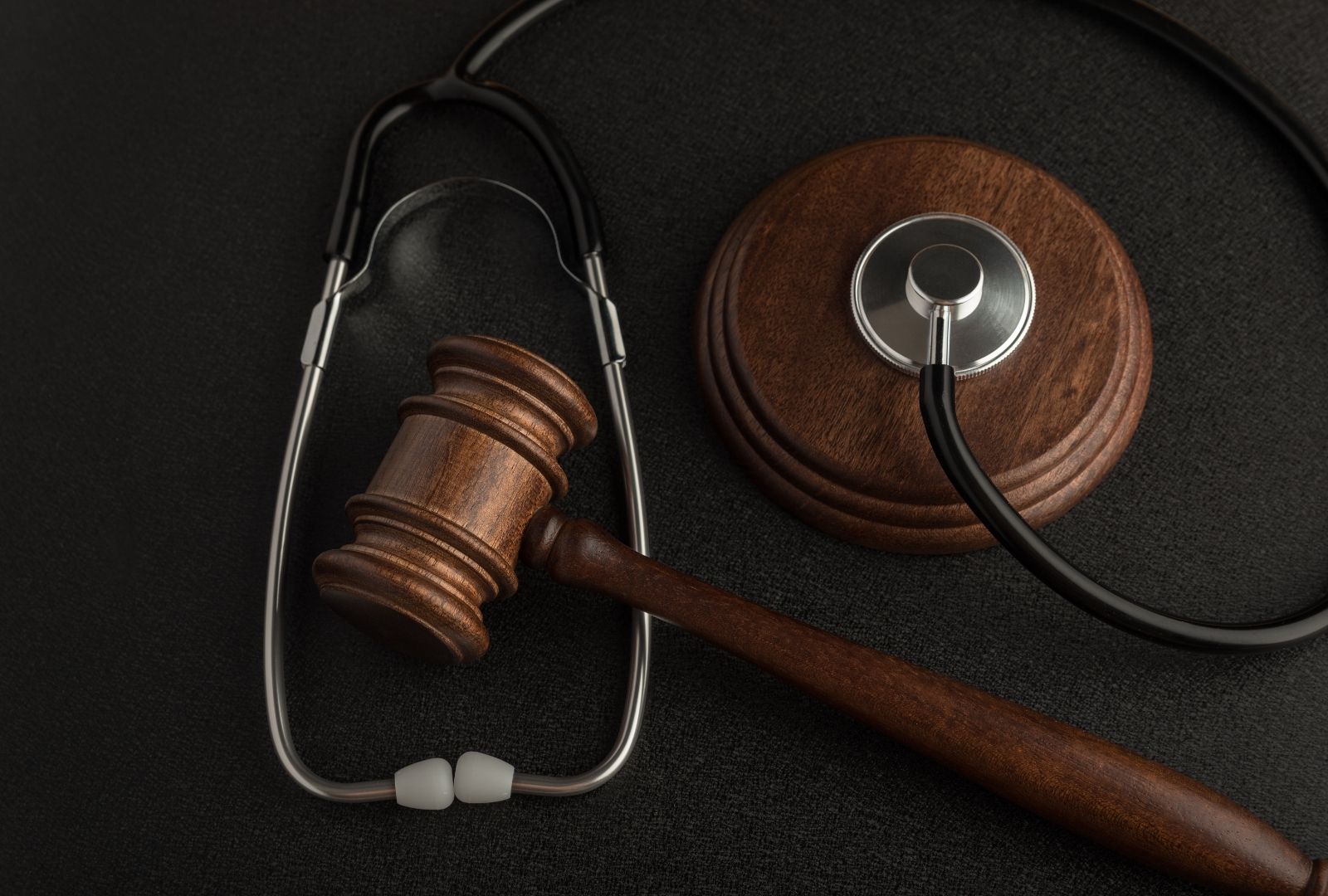
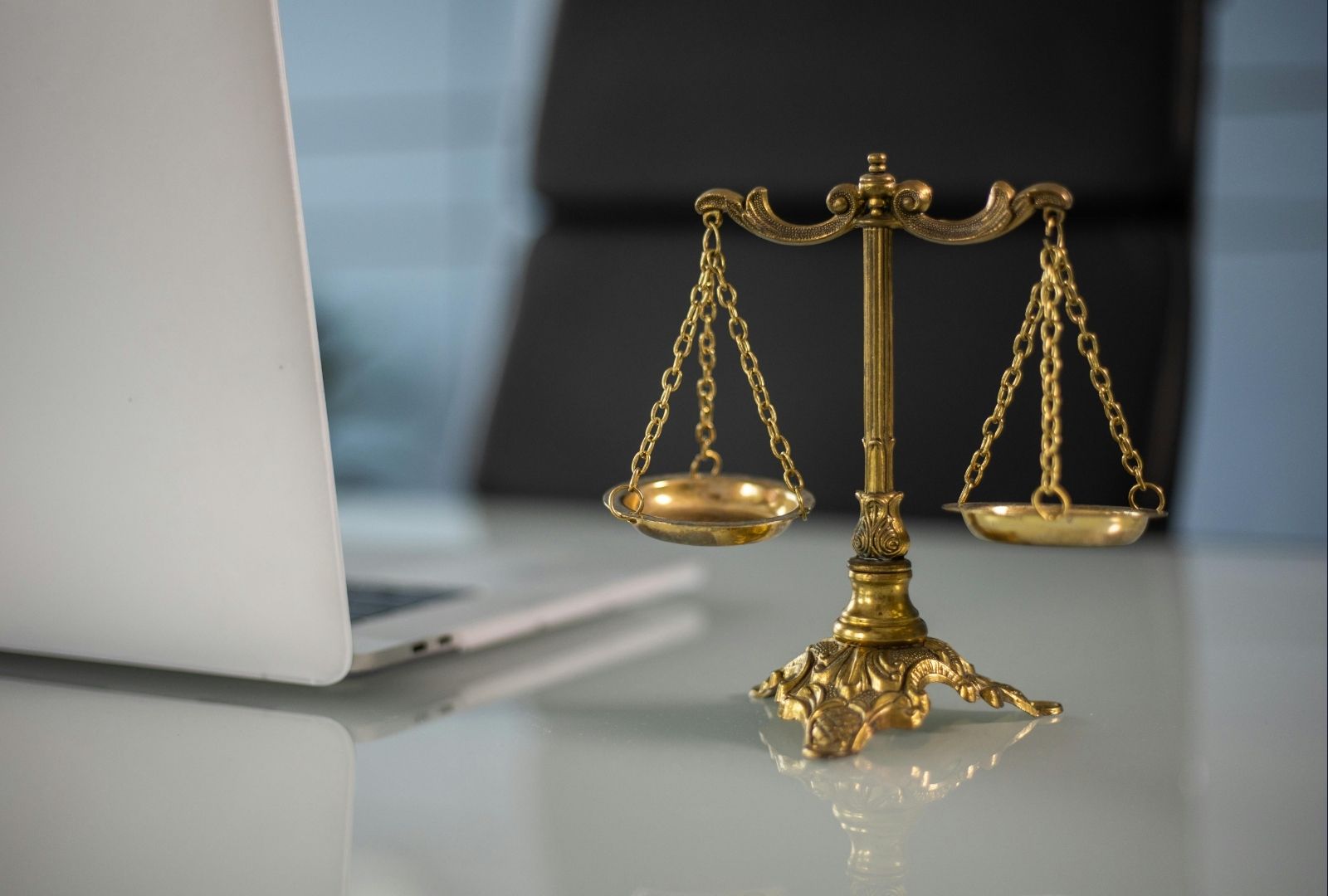


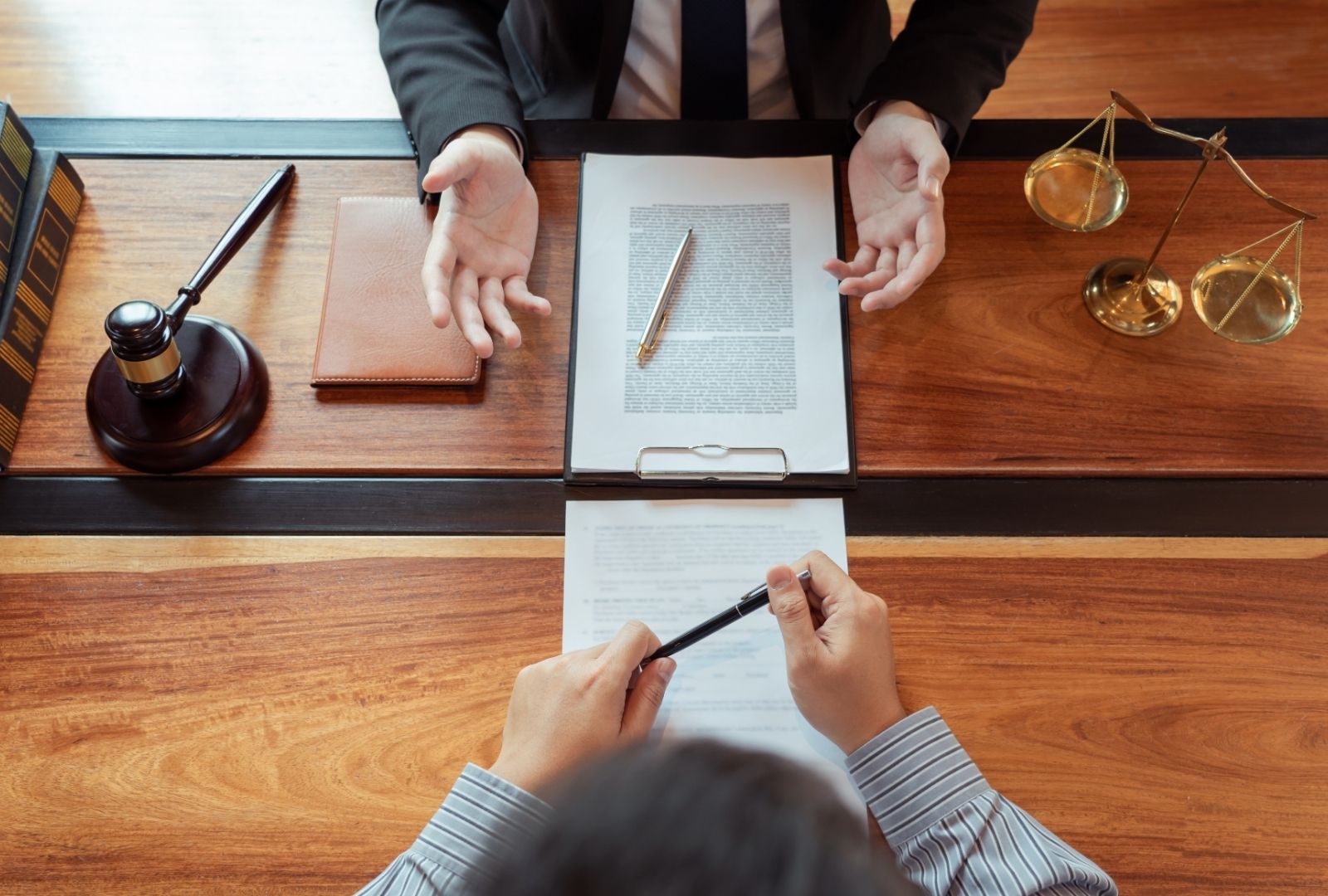




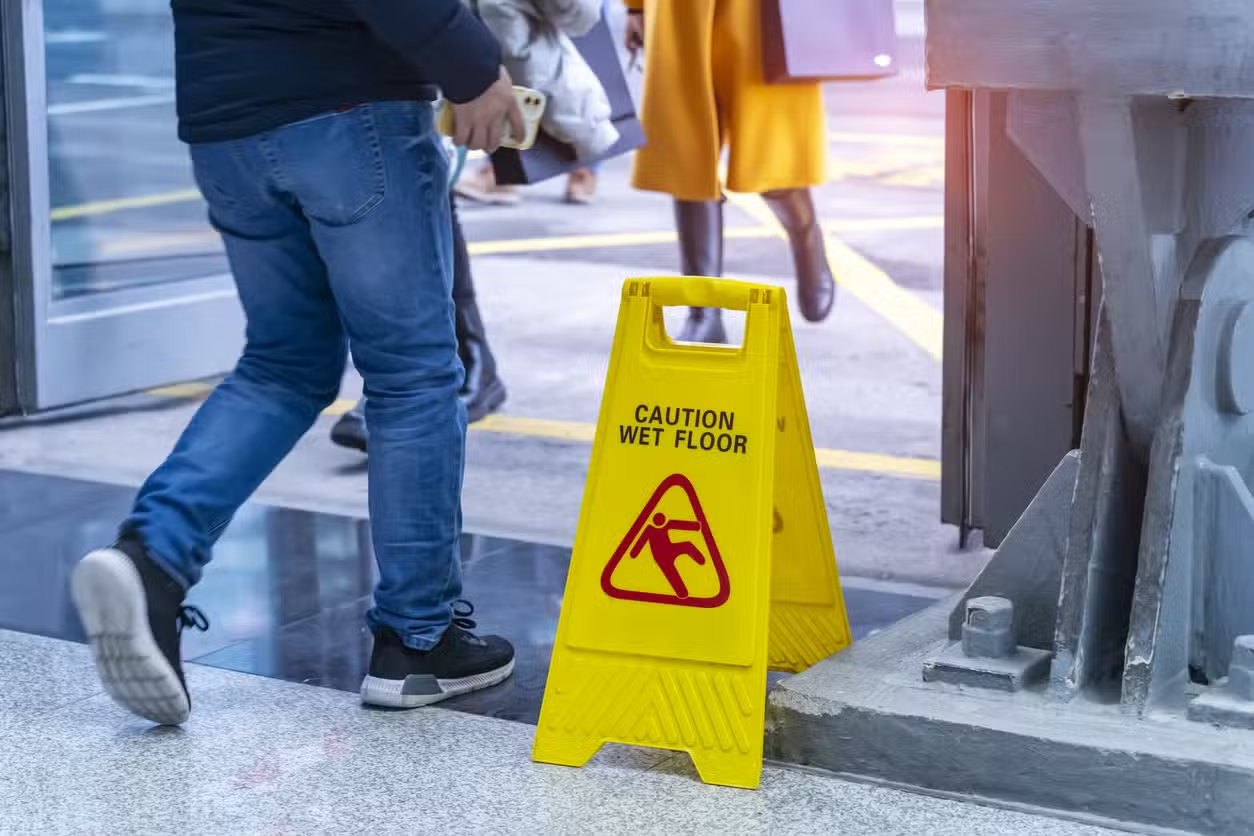

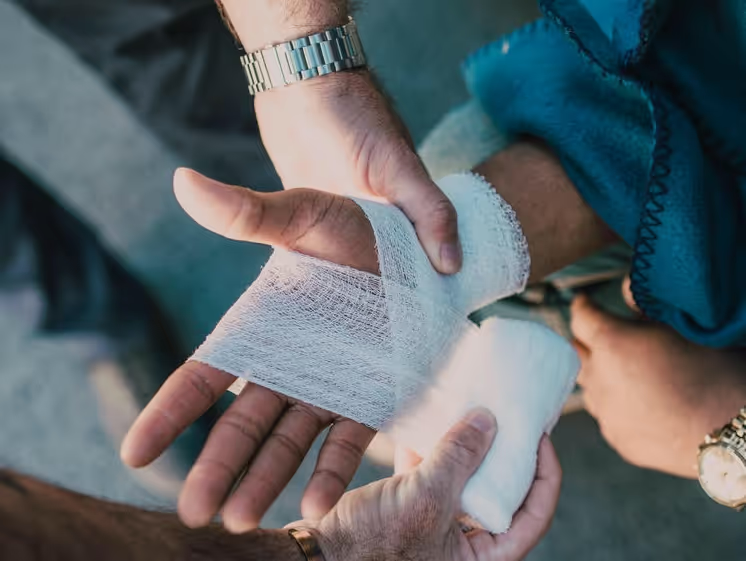






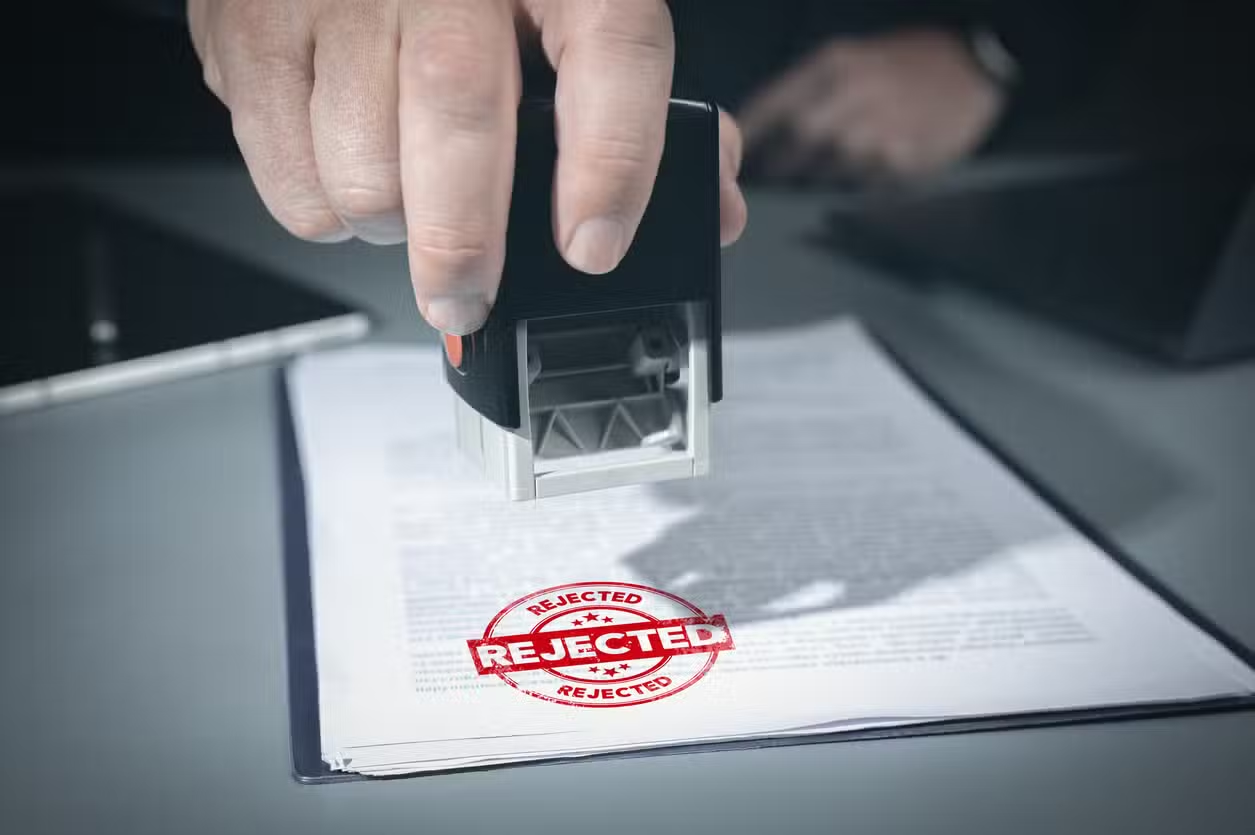


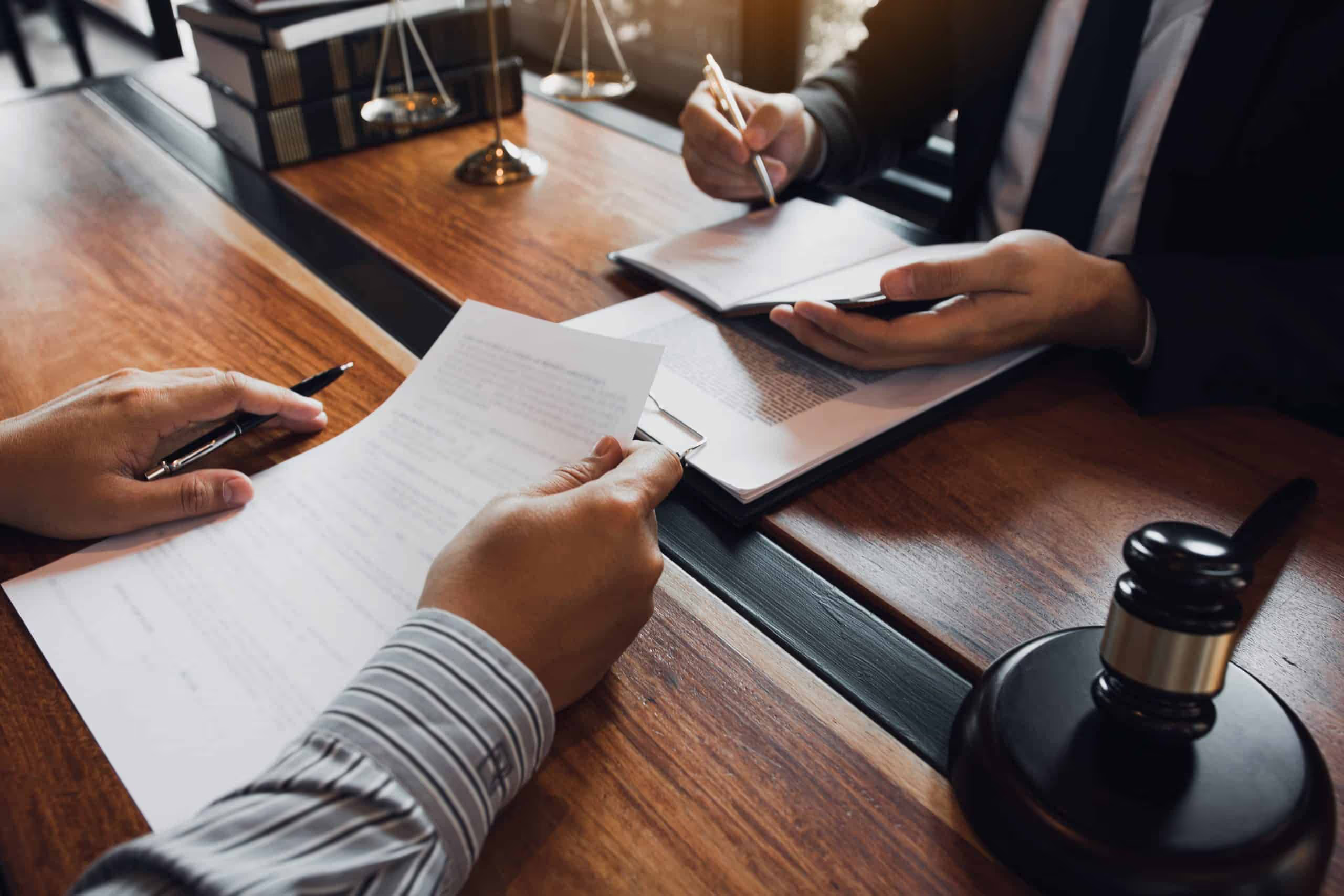
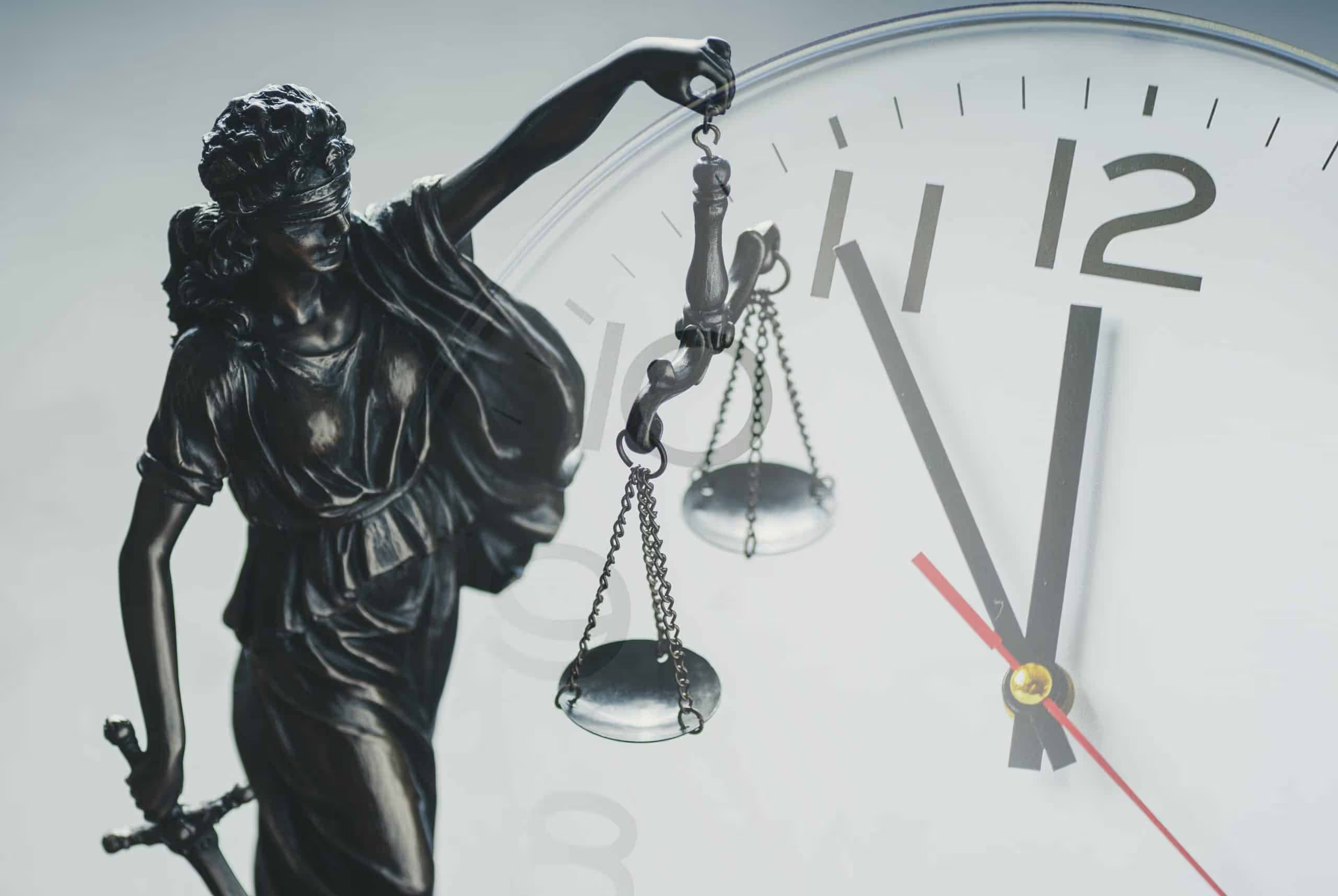

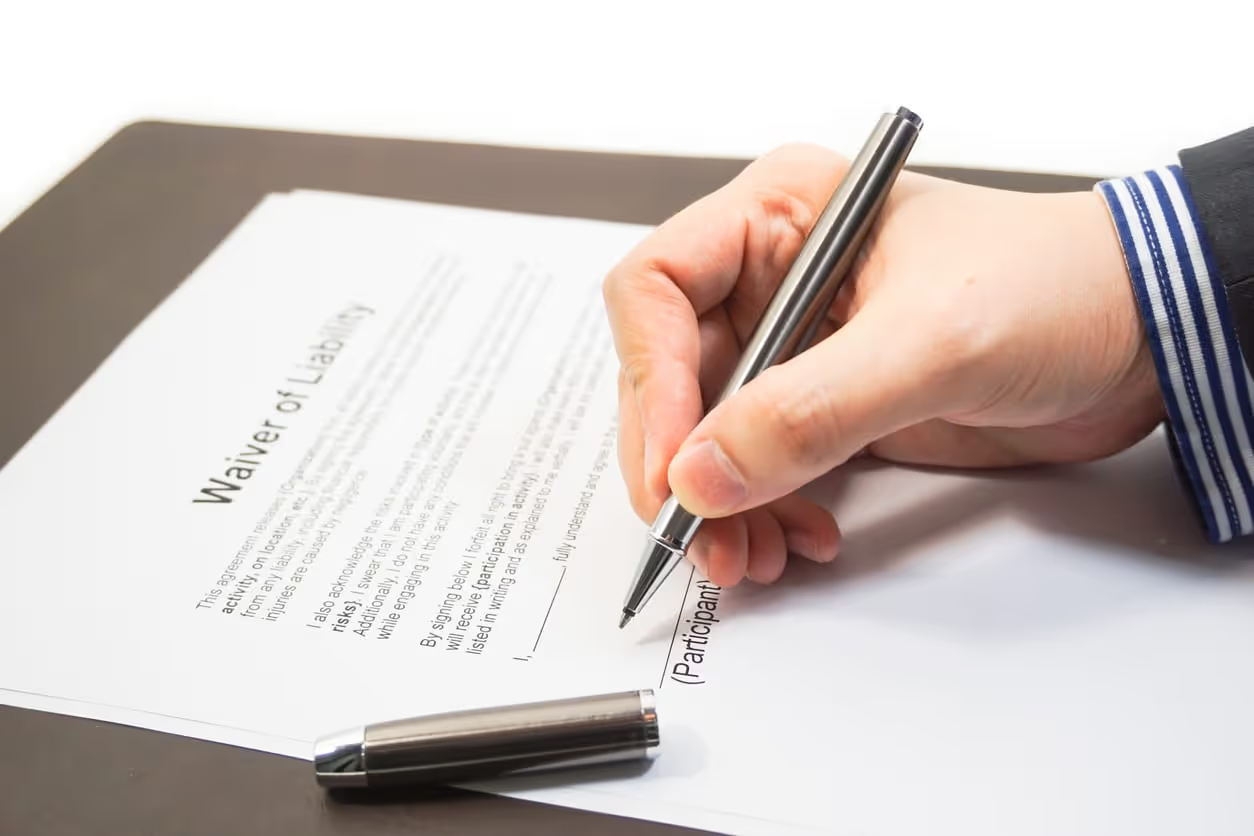
.avif)

